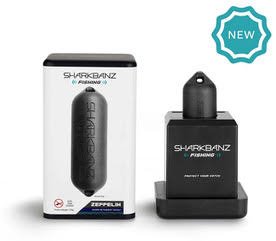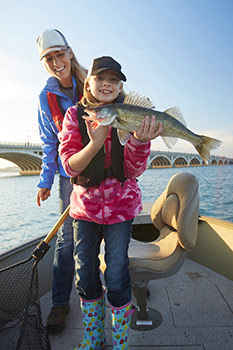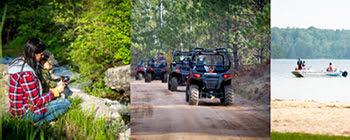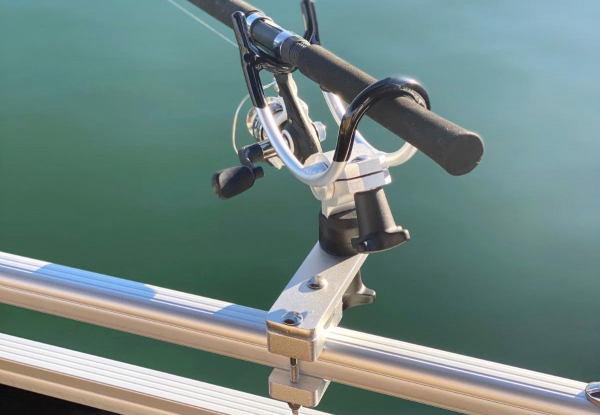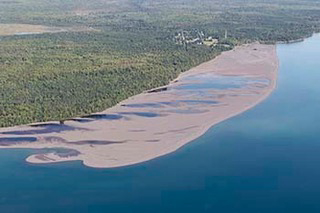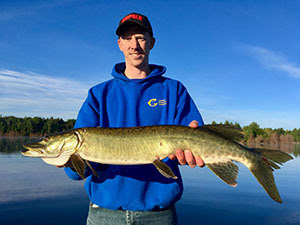By Glen Wunderlich
Charter Member Professional Outdoor Media Association (POMA)
Lake Ovid is a reservoir located within Sleepy Hollow State Park in Clinton County and it was time for me to discover its lure. Loading my small jon boat into my truck the night before would make for an early get-away and a solitary experience on the man-made lake, or so I thought. When I arrived at the boat launch, I couldn’t believe the sight: dozens of bass boats lined up at water’s edge for some type of tournament. Curses! Good for them but bad for my idea of being alone. I made a U-turn and headed away.
That scene played out last year and I figured to try again a week ago; this time, only one other boater met me along the shore at daybreak. Within minutes, I had the oars in the water and began my discovery mission. As I applied some muscle power, one oar was not cooperating properly and actually came out of the oar lock. Unfortunately, I found that one of my nylon oar lock bushings had inexplicably vanished over the winter, as rowing became problematic. Somehow, I managed to jam the oar hardware in place and limped along.
The first cast with my open-faced reel had a rather large bluegill brighten my day. Unharmed, it was given back to the lake and I slipped closer to the nearby shore, where I witnessed a huge surface splash moments before. Switching to a Rapala minnow, I tossed it toward the area of commotion. Wham! A largemouth bass gave a good tussle and found its way into my landing net. 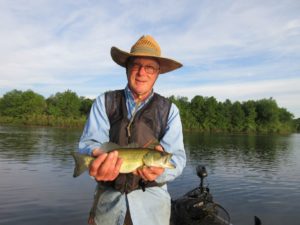 Since the season had yet to open – and, because I never keep bass for table fare – I eased the hook from its lip and turned it loose without measuring it. For a few hours on the water, the action was steady until the heat of the day took over.
Since the season had yet to open – and, because I never keep bass for table fare – I eased the hook from its lip and turned it loose without measuring it. For a few hours on the water, the action was steady until the heat of the day took over.
The 410-acre Lake Ovid was created in the 1970’s with the construction of a dam on the Little Maple River. With an average depth of 10 feet, Lake Ovid is generally fairly shallow, with depths not exceeding 23 feet.
The typical fish species available are Catfish, Crappie, Largemouth Bass, Muskellunge, Sunfish, and Yellow Perch. A bit of research shows that some 6800 Channel Catfish were planted in 2019 – the last stocking activity found.
Hours are from 8 am – 10 pm and a Recreation Passport is required. Other entities include a beach with swimming plus kayaks, rowboats, paddleboats and pontoon boats are available for rent. Camping with modern restrooms, and miles of walking trails and some horse trails are all part of the 2600 acre state park.
Since the lake is defined as a “no wake” lake, electric trolling motors are probably the most desirable method of propulsion but gasoline motors are permitted, as well. The lake weeds are evident along the shore and other shallow areas of the lake, but it is there you’ll find some good action.
So, if you are looking for a get-away close to home, Lake Ovid may serve you and your family well.

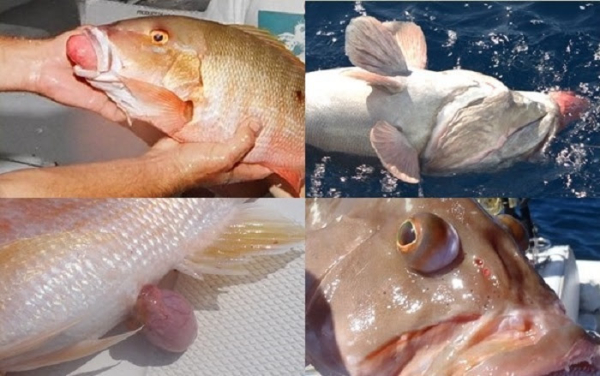
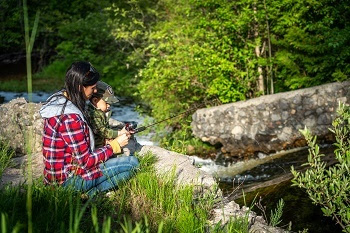
 For the best outdoor experiences, the DNR urges everyone to put safety first when they’re enjoying Michigan’s woods, water and trails. Helpful safety tips – for ORV, boating, beach, fire and other topics – are available at
For the best outdoor experiences, the DNR urges everyone to put safety first when they’re enjoying Michigan’s woods, water and trails. Helpful safety tips – for ORV, boating, beach, fire and other topics – are available at 
